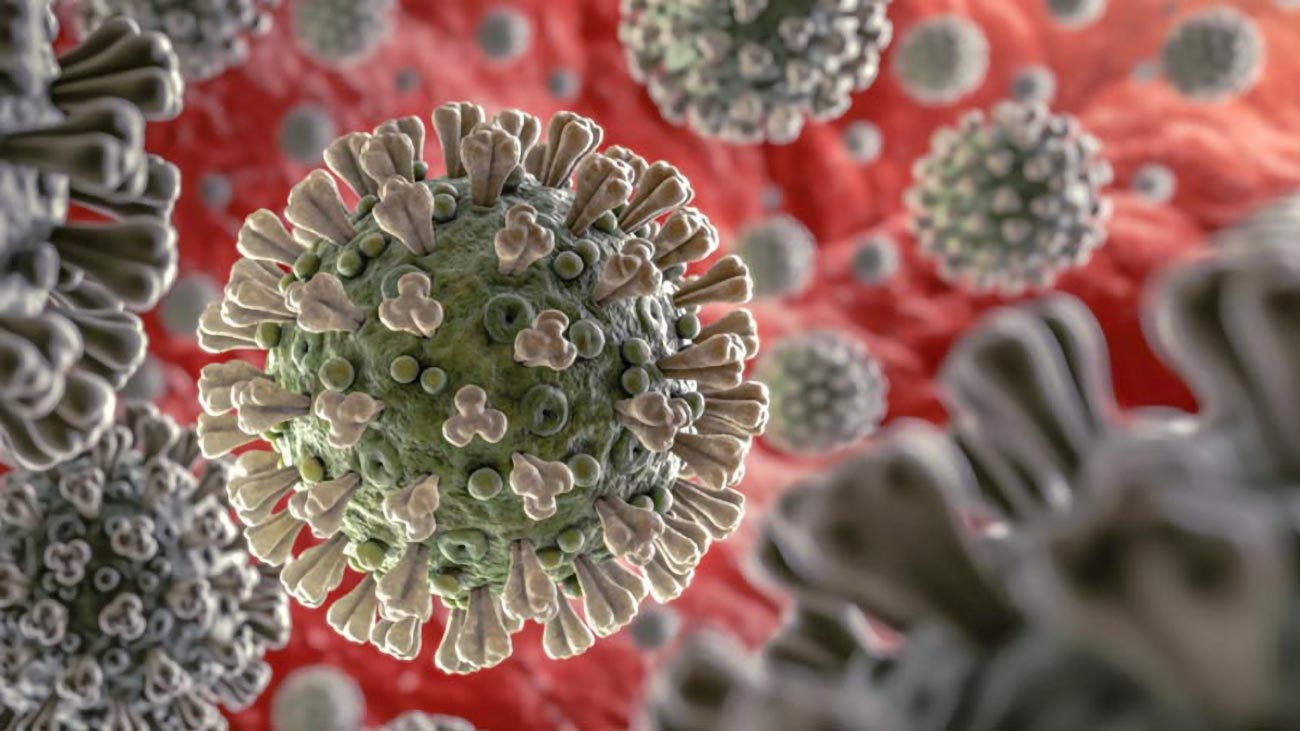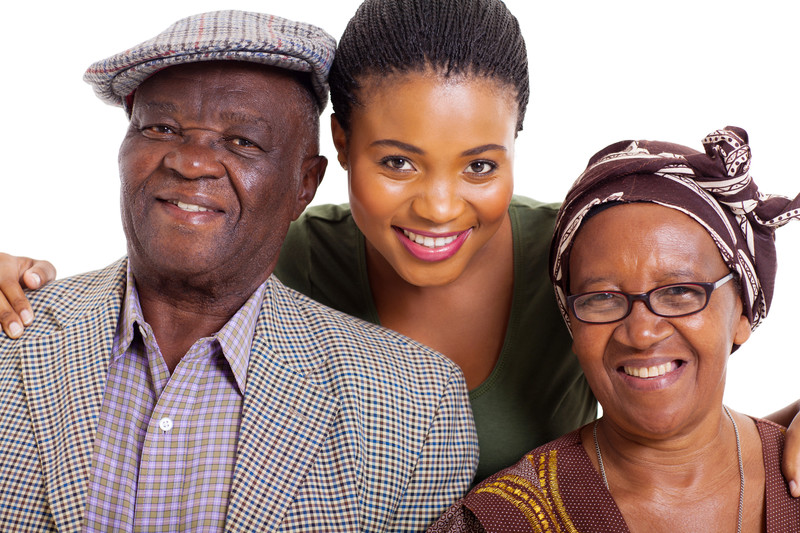Being at the epicenter of COVID-19, here in Greater Seattle we are seeing toilet paper and supplies fly off the shelves in the grocery stores. Attendance at events is down, and also, it’s fascinating to me as someone who commutes from Mukilteo into the studio to record the show, just how much less traffic is on the freeway these days.
Northshore Senior Center in Bothell is known to be one of the largest and most active senior centers in the USA, and they have also shut down for the next few weeks and are undergoing extensive cleaning and disinfecting. In many ways we are being smarter, and the mantra of washing our hands we are hearing it everywhere, which is good!
This has become a huge ordeal for our area, which as of this writing, there have been close to 162 diagnosed cases with 22 deaths in our state, expanding to 8 counties in Washington State. Yet, in seeing Governor Inslee’s interview last night, they suspect that close to 1000 people have the disease, but without the ability to attain testing supplies, they have not had enough to go around. Unless we take some real action, when a disease doubles through exposure, there could easily be over 60,000 people with this disease unless actions are taken today.
Governor Inslee provided an Emergency Declaration recently, and through working in cooperation with the University of Washington, the Department of Social and Health Services, and additional governmental agencies to combat this disease.
The good news is that Washington State has rallied, and through our cooperation and proactiveness, our government relies on the science necessary to fight COVID-19. Thanks to the University of Washington, they have developed tests to the tune of about 1000 testing kits per day being sent out to various hospitals and healthcare communities, and I read yesterday that the Bill and Melinda Gates Foundation have invested 100 million into an “at home test kit” that we’ll have access to starting next week.
Governor Inslee’s administration has also provided orders to insurance companies to waive copays for anyone who needs to be tested, and there are hospitals like Tacoma’s Multi-care that is also providing a free tele-health service.
Some additional measures that our state has taken include:
New Procedures for now for Long Term Care, Assisted Living Communities or Skilled Nursing Facilities are as follows:
- 1 visitor per day (doesn’t apply to end of life care)
- Visitors must sign in-and the communities must keep the log for 30 days
- Employers/employees must be screened at start of each shift
- If quarantined, individuals must be isolated in their rooms or apartments
- Facilities are prohibited from disclosing health info about residents without expressed permission from the patients.
When cases develop, families have high concern- and can overwhelm staff. Washington State has retained case management agencies that will work directly with families to keep a better stream of communication. There will be webpage early next week to help.
For those in the workplace:
Unemployment insurance benefits may be available for people who experience symptoms who feel the stress of having to work while symptoms are present. They will have the flexibility to use these benefits.
Employers are being encouraged to offer paid sick leave to any employee who is experiencing symptoms.
If an employee is diagnosed:
Workers may receive unemployment benefits if they need to be isolated or quarantined
If the employee is forced to quit, Family Medical Leave Assistance will be required to be enacted by law
Washington State is also asking creditors to provide leniency to businesses and individuals when it comes to late payments, etc.
Telework is recommended: Employees are now being encouraged to work from home.
Sadly, it looks like this disease is going to be here for a long time, and being mindful over our everyday actions, and where we go. Most importantly, we need to make better choices on our routines.
Here are the tips that we recommend:
- Skip the Handshakes for now. Elbow and Fist bumps are better
- Use Knuckles to touch light switches and elevator buttons.
- Keep paper towels or disposable gloves in your car for pumping gas.
- Use your hips or a closed fist when opening doors in public locations
- Wash your hands for at least 10-20 seconds with disinfecting soap
- Keep a bottle of hand sanitizer. Use it regularly on door handles and grocery carts.
- Cover your mouth when coughing
- Work from home if you can! Telecommuting is now recommended.
- If you aren’t feeling well — Stay Home!
- Finally — take Vitamin C and Vitamin D3! These help with your immune system to keep it stronger.
If you are a senior or are close to one, keep them stocked with meals and supplies at home. If they don’t have to go out, then by all means help them to be able to stay home.















